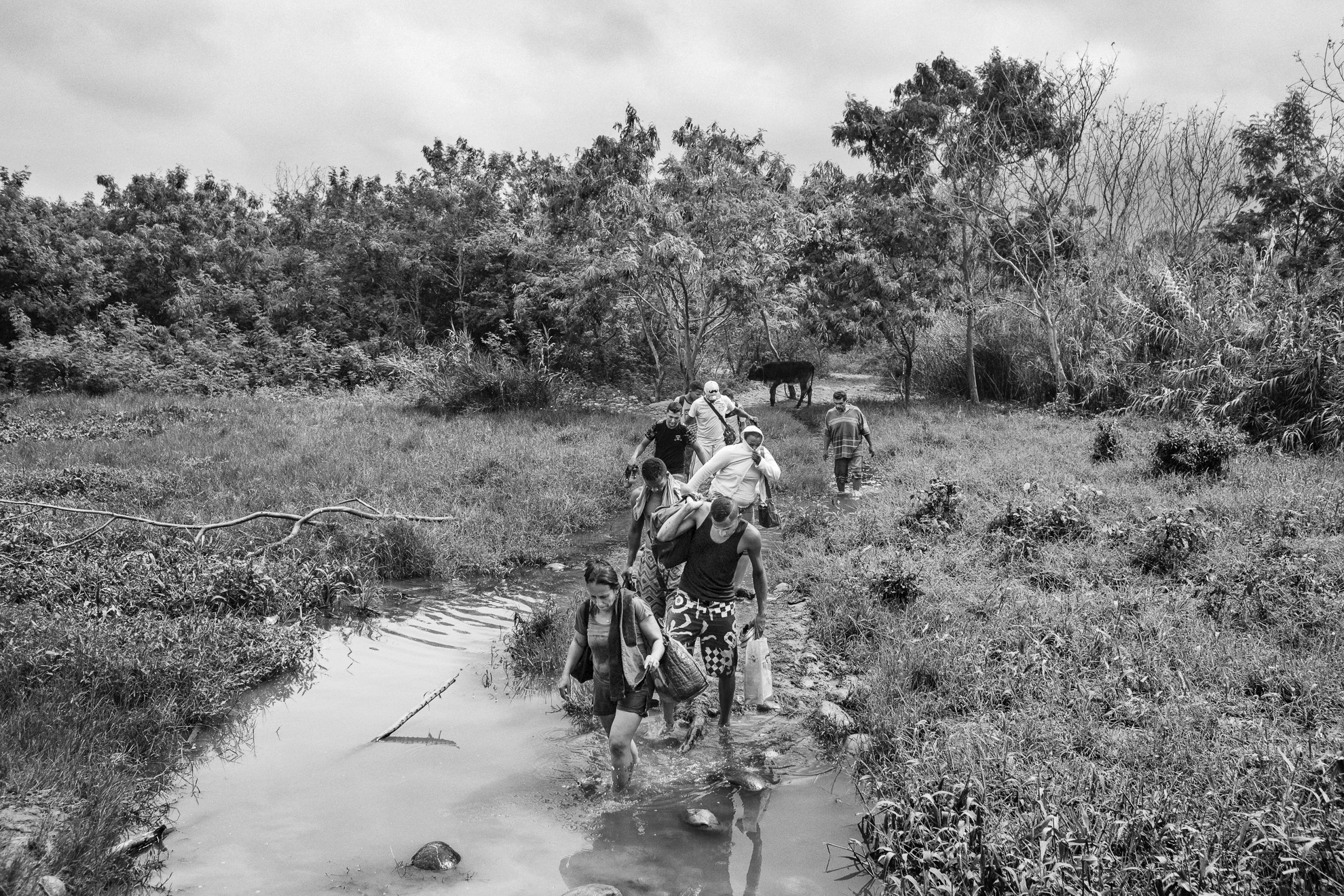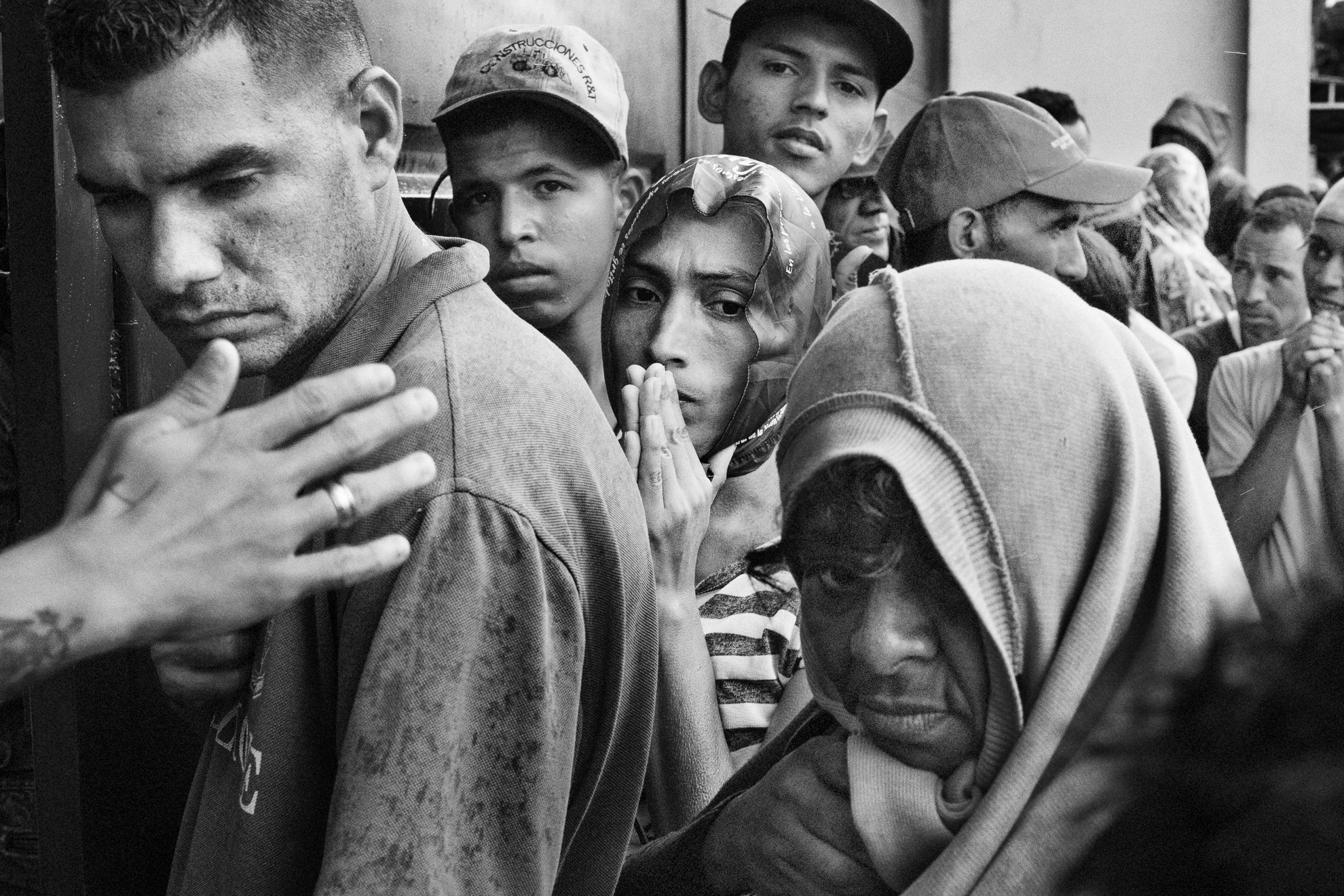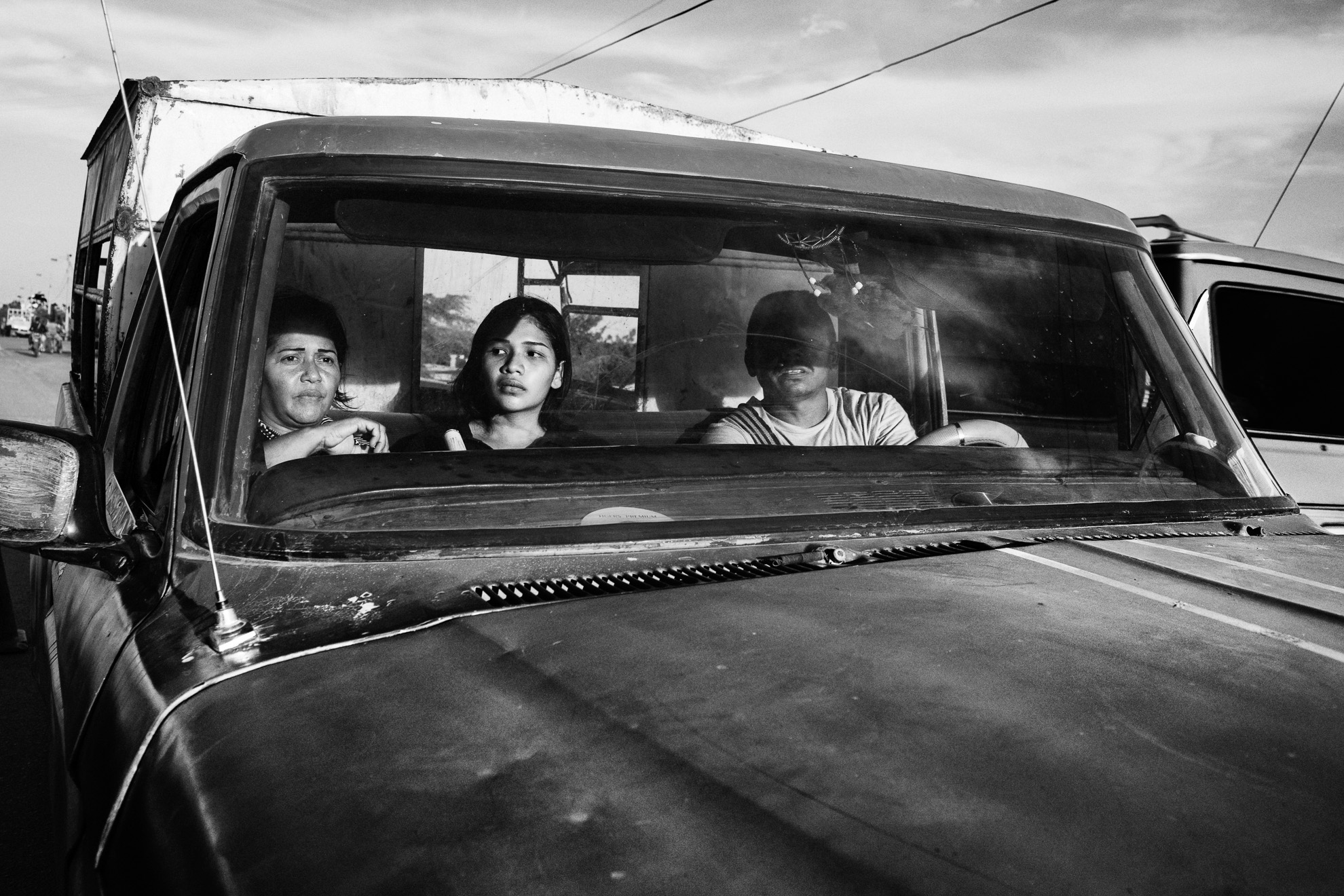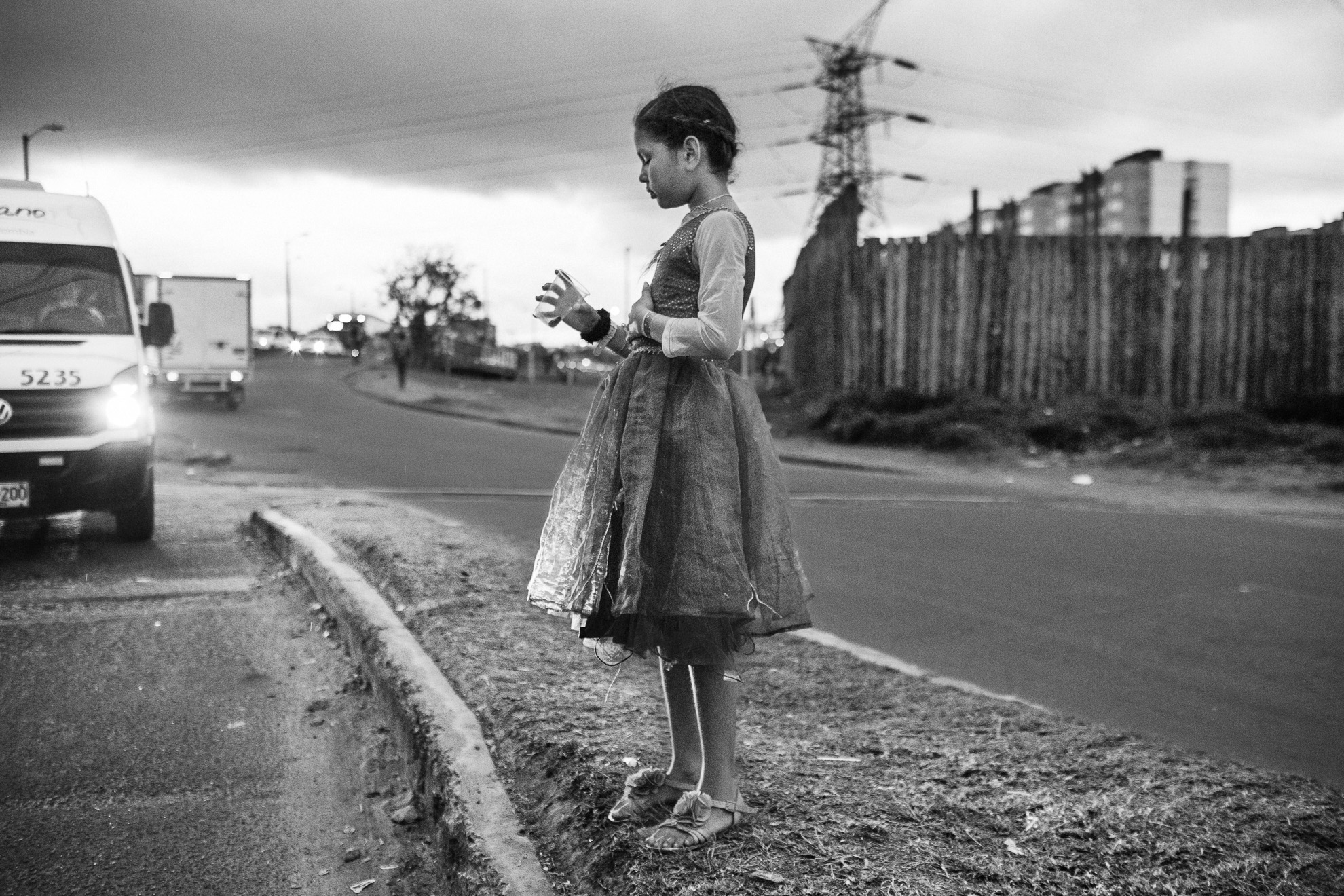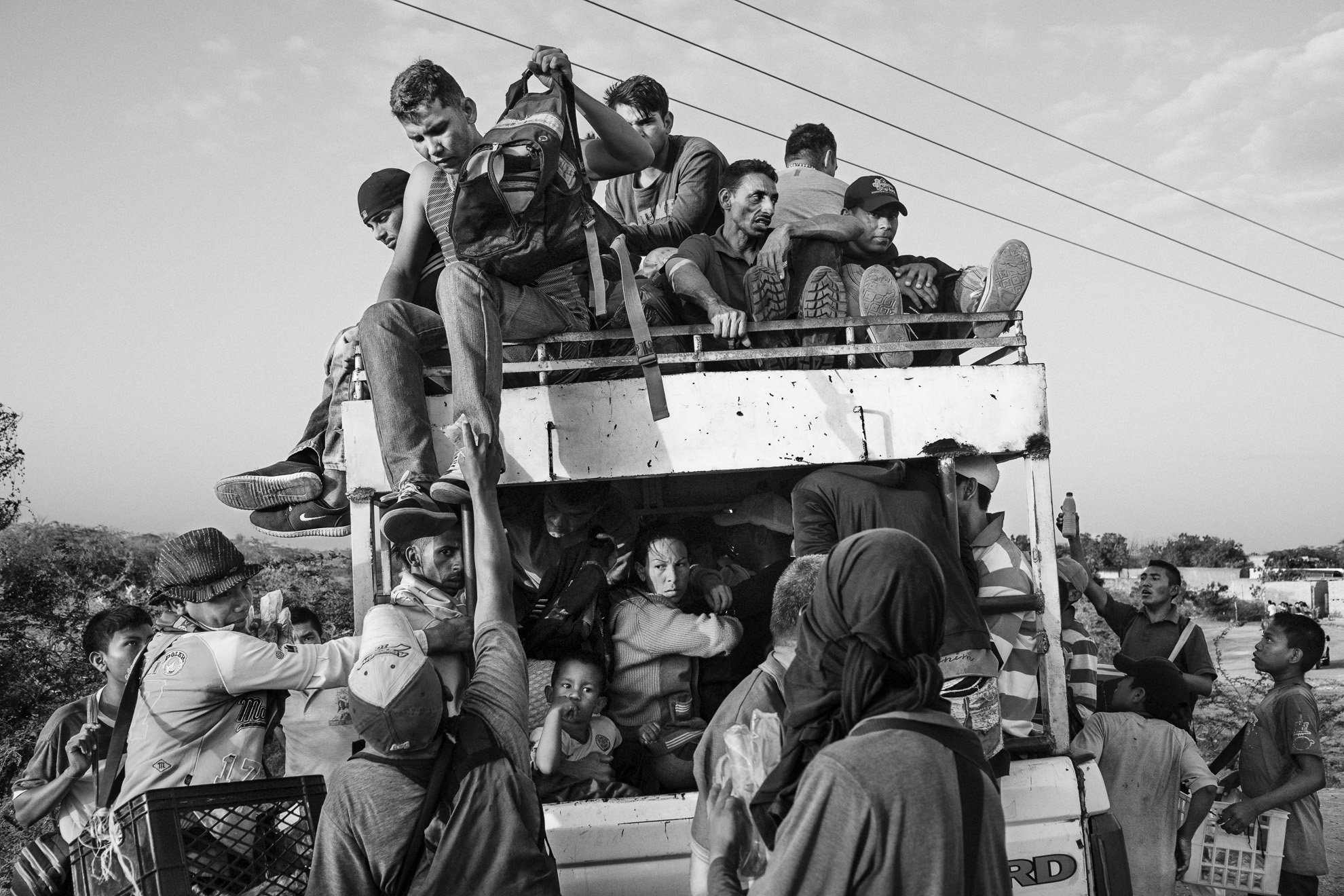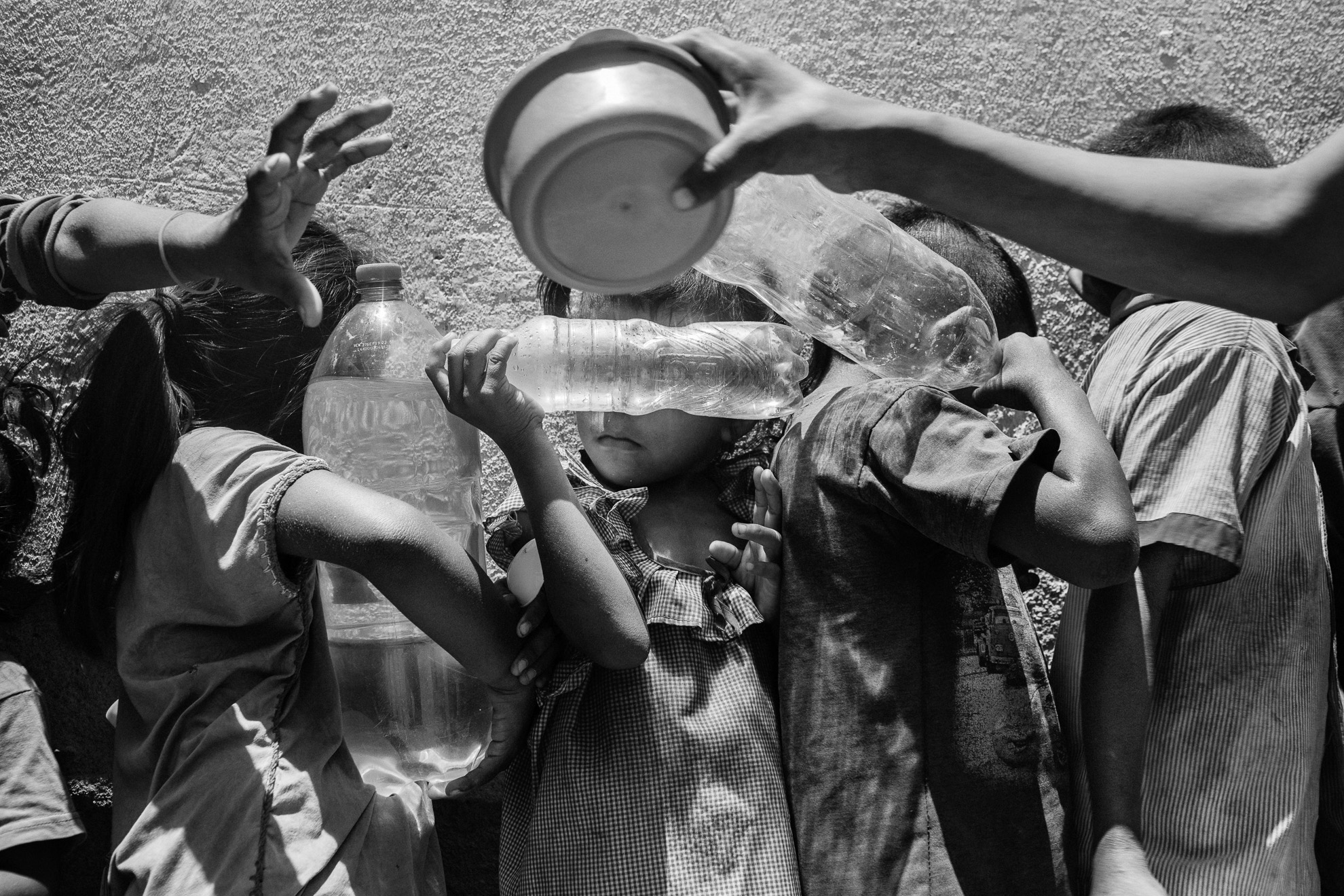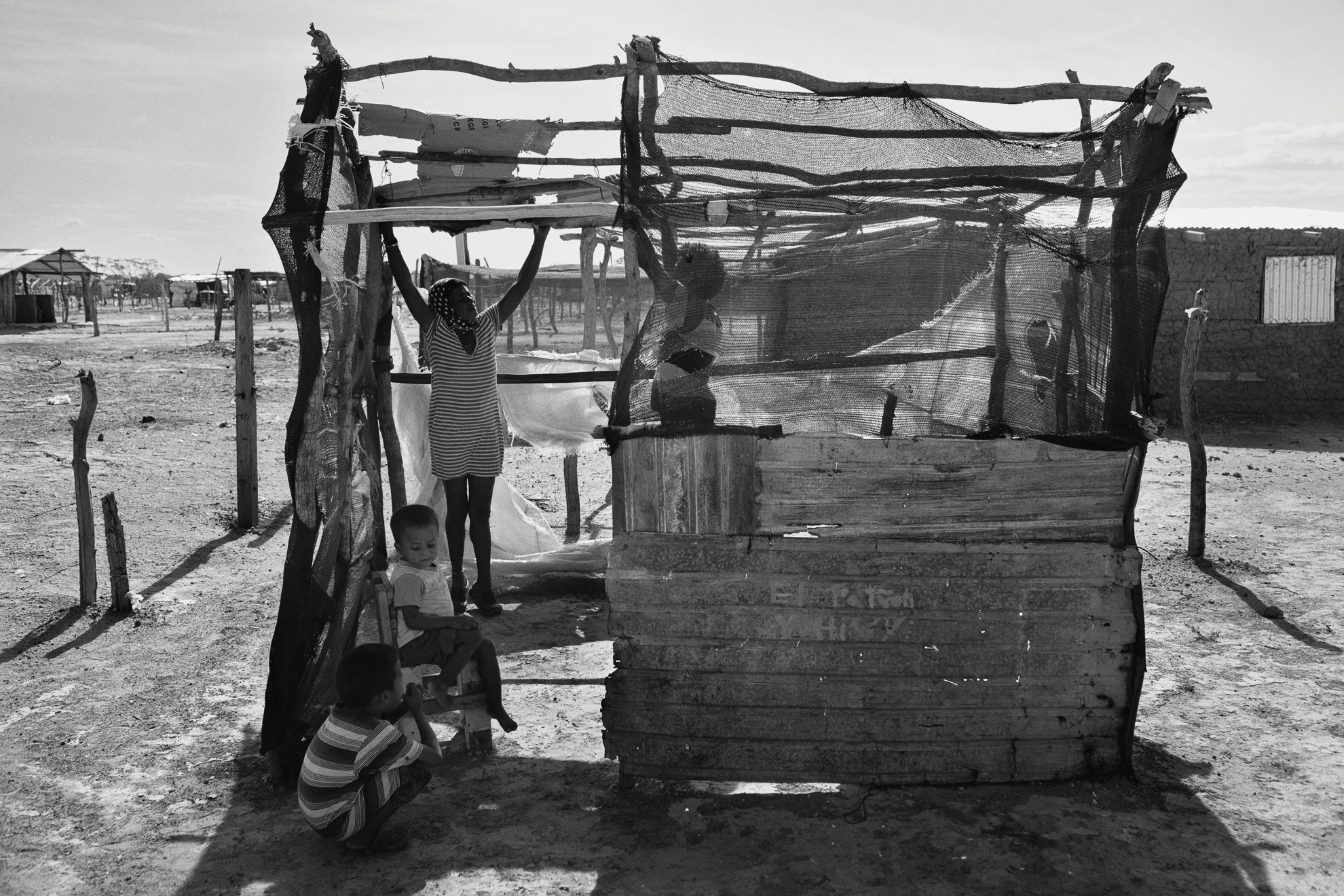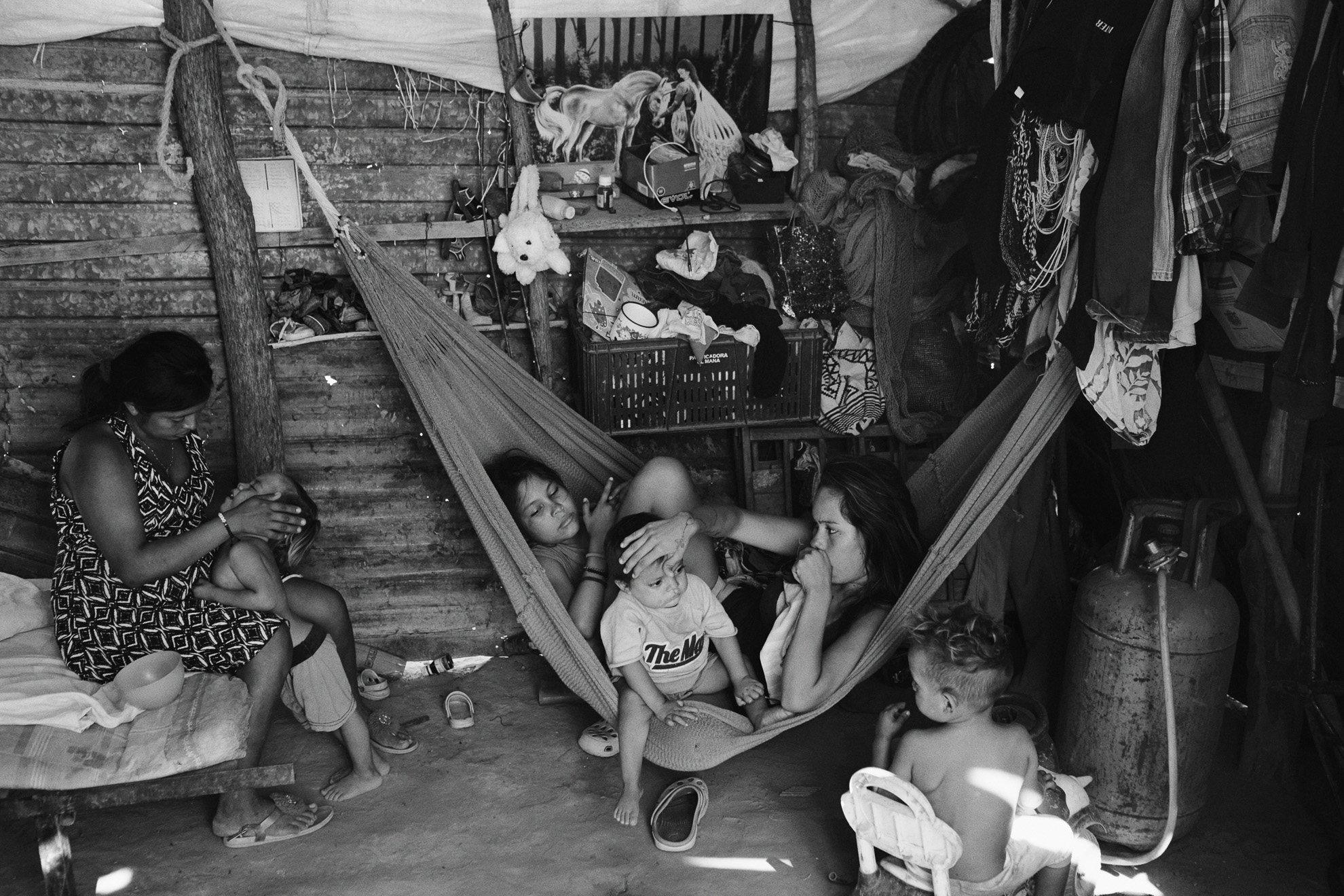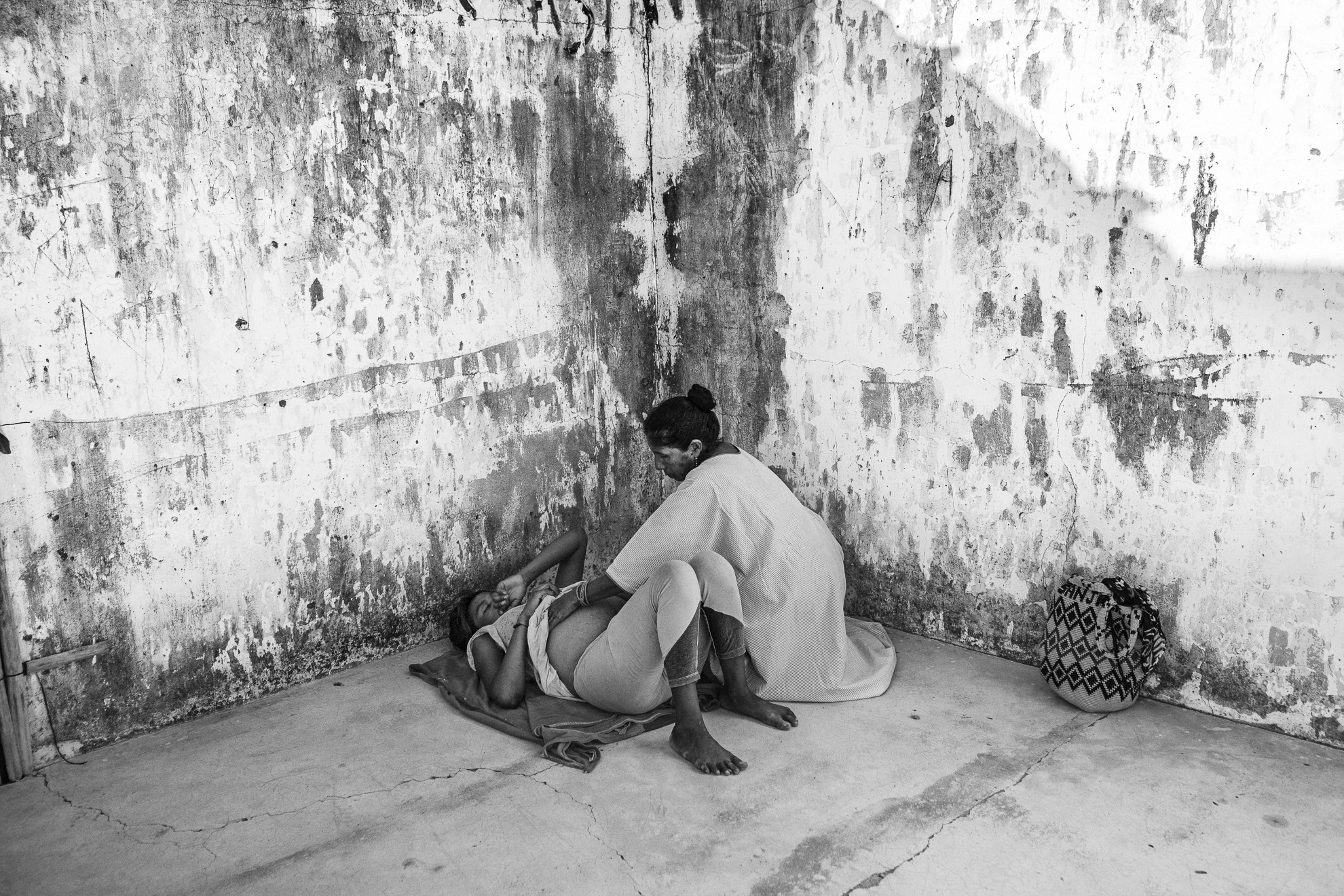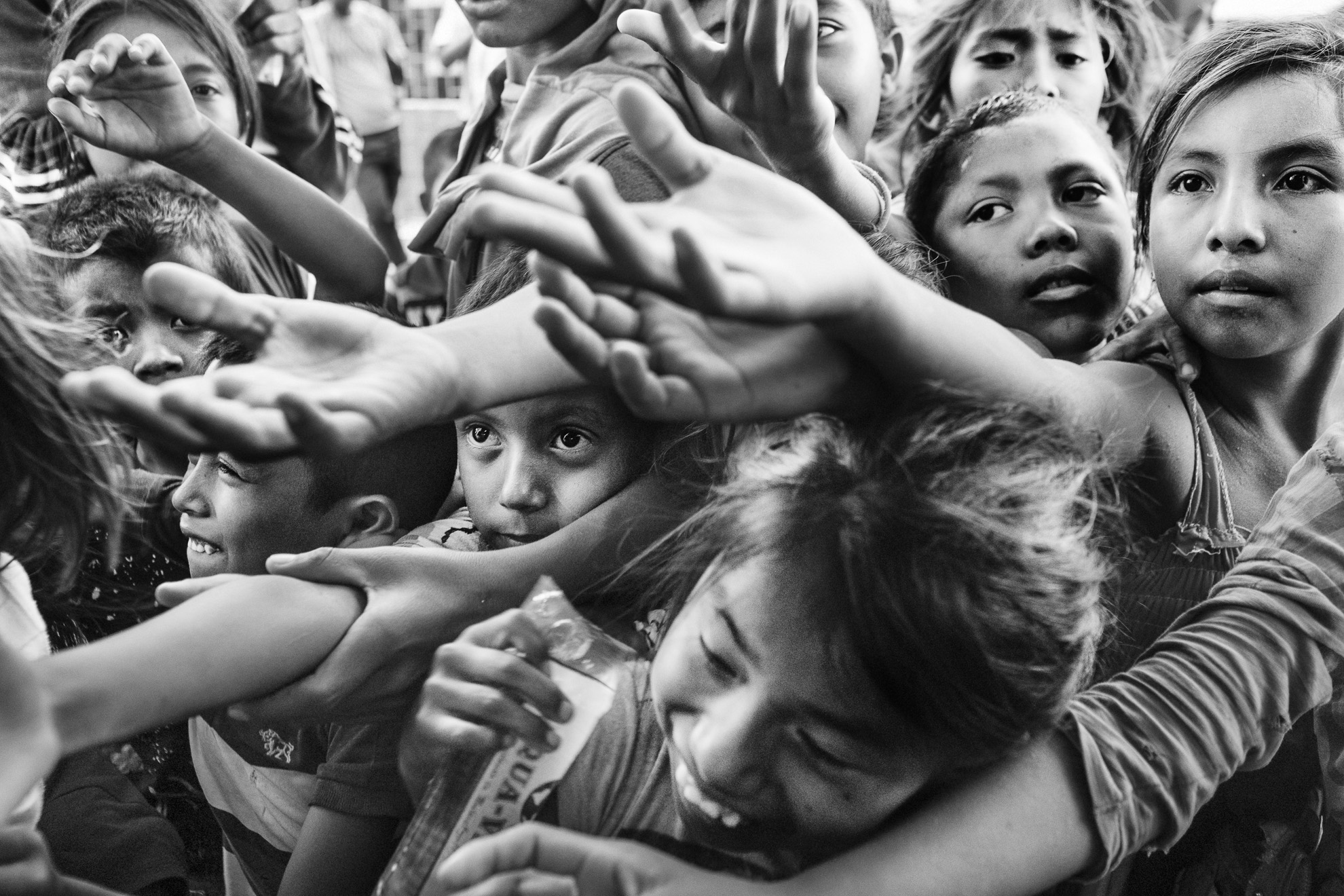Presentation
A political and socio-economic crisis in Venezuela led to an outflow of migrants from the country, since 2016. The Venezuelans that I’ve met say they were compelled to leave because of insecurity, violence, lack of access to food and medicine, after losing their income.
Colombia is the country most impacted by this exodus. According to the United Nations Refugee Agency (UNHCR), 1.7 million Venezuelans are in Colombia, and three hundred thousand are children, a number underestimated since not everyone is registered.
For two years, I have spent weeks and months at the time in some of the border areas, traveling along the migration routes with those migrants who call themselves “the walkers”, and who have no money to reach a major city or the next border by bus. Following the most vulnerable migrants, children, adolescents, pregnant, and nursing mothers, I have witnessed the Venezuelan collapse.
The World Food Program now warns the pandemic could provoke famines, hitting countries already suffering from poverty and hunger, like Venezuela and Colombia. The economic impact of the outbreak has left people in urgent need, pushing them deeper into poverty, the main driver of exploitation, and vulnerability.
In La Guajira’s border, in the north of the country, dozens of thousands of migrants live in informal settlements on the outskirts of the indigenous cities. They have no access to running water or sanitation. Without nearby hospitals, adequate testing, and the possibility of individual isolation, they are now more exposed to contagion.
There, I have followed the Colombian indigenous midwife Frankilina Epiayu while she has assisted pregnant women. With her help, a new generation is born at the end of two collapsing worlds. Through her example of sisterhood and solidarity, the boundaries between two unsettled communities, local indigenous Wayuu and Venezuelan migrants, have blurred and connected.
Biography
Nicoló Filippo Rosso (b. 1985) is an Italian photographer living in Colombia. After the degree in Literature at the Universitá Degli Studi di Torino, in Italy, he traveled to Latin America, and he became interested in photography while living with an indigenous community in the Putumayo region. His work is committed to long-term projects, and he works on editorial assignments for clients such as Bloomberg News, The Washington Post, BusinessWeek, Le Point, Der Spiegel, Courrier International, and others.
Since 2016, Nicoló has been documenting the impact of the exploitation of coal on the land and the people of Colombia’s La Guajira peninsula. This work has been exhibited worldwide, and it has appeared in numerous magazines and newspapers’ publications. Currently, he is mostly dedicated to documenting the migration of Venezuelans who cross the border with Colombia heading to other Latin-American countries.
